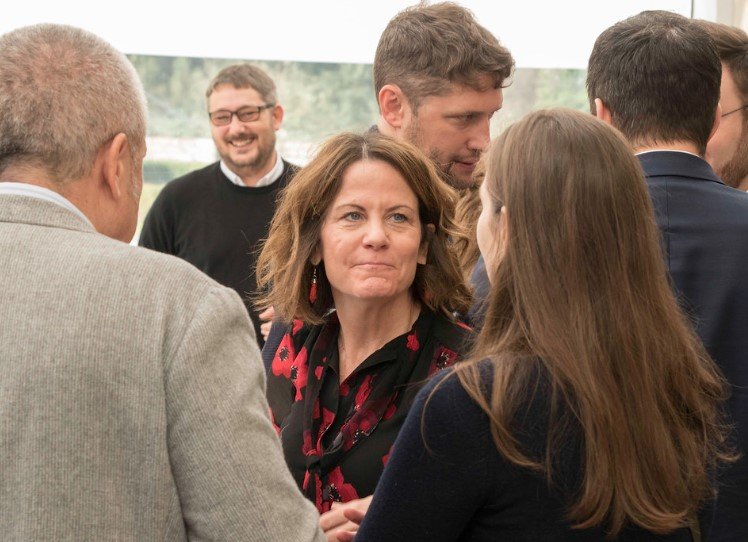The influence of Islam in Russia has been growing, marked by a series of significant events and developments. From terrorist attacks to cultural and economic engagements, the presence of Islam in Russia is multifaceted and complex. This article explores the various dimensions of Islam’s influence in Russia, highlighting recent incidents, the government’s response, and the broader implications for Russian society.
Recent Incidents and Security Concerns
In recent months, Russia has witnessed several terrorist attacks attributed to Islamist extremists. One of the most devastating incidents occurred on March 22 at the Crocus City Hall concert arena in Krasnogorsk, near Moscow. This attack, perpetrated by Islamists of Tajik origin, resulted in the deaths of over 130 people and left hundreds injured. The Islamic State Khorasan Province claimed responsibility for the attack, citing Russia’s involvement in anti-ISIS operations in Syria as a motive.
Another significant incident took place on June 16 in the Rostov penitentiary, where Islamist terrorists took convoy guards hostage. This event further highlighted the growing security challenges posed by Islamist extremism in Russia. The Russian government has been criticized for its perceived lack of preparedness and response to these threats, raising concerns about the country’s ability to effectively combat terrorism.

In addition to these attacks, there have been reports of vandalism and arson targeting religious sites in the Dagestan Autonomous Republic. Islamist terrorists set fire to a church and a synagogue, resulting in the deaths of several civilians and police officers. These incidents underscore the persistent threat of Islamist extremism in Russia and the need for a comprehensive strategy to address it.
Government Response and Public Perception
The Russian government’s response to the rising influence of Islam has been multifaceted. On one hand, the government has intensified its security measures and counter-terrorism efforts. This includes increased surveillance, enhanced border controls, and collaboration with international partners to combat terrorism. However, these measures have also been accompanied by concerns about human rights violations and the targeting of Muslim communities.
Public perception of Islam in Russia is complex and often influenced by media portrayals and political rhetoric. While some Russians view Islam as a threat to national security, others emphasize the importance of distinguishing between extremist elements and the broader Muslim population. This nuanced understanding is crucial for fostering social cohesion and preventing the marginalization of Muslim communities.
The Russian government has also sought to strengthen its ties with Muslim-majority countries through economic and cultural diplomacy. Initiatives such as the Russia-Islamic World Forum aim to promote cooperation and mutual understanding between Russia and the Muslim world. These efforts reflect Russia’s strategic interest in building alliances and diversifying its international partnerships.
Broader Implications for Russian Society
The growing influence of Islam in Russia has significant implications for the country’s social fabric. With an estimated 15 million Muslims, Islam is the second-largest religion in Russia. The majority of Muslims reside in regions such as the North Caucasus and the Volga-Ural area, where they have a long history and cultural presence. This demographic reality necessitates a balanced approach to integrating Muslim communities into the broader Russian society.
Education and interfaith dialogue play a crucial role in promoting mutual understanding and respect between different religious and ethnic groups. Initiatives aimed at fostering cultural exchange and combating stereotypes are essential for building a more inclusive society. The Russian government, along with civil society organizations, must prioritize these efforts to ensure social harmony and prevent radicalization.
The economic dimension of Islam’s influence in Russia is also noteworthy. Muslim-majority regions such as Tatarstan are significant economic hubs, attracting investments and contributing to the national economy. Strengthening economic ties with Muslim-majority countries can further enhance Russia’s economic prospects and foster development in these regions.
